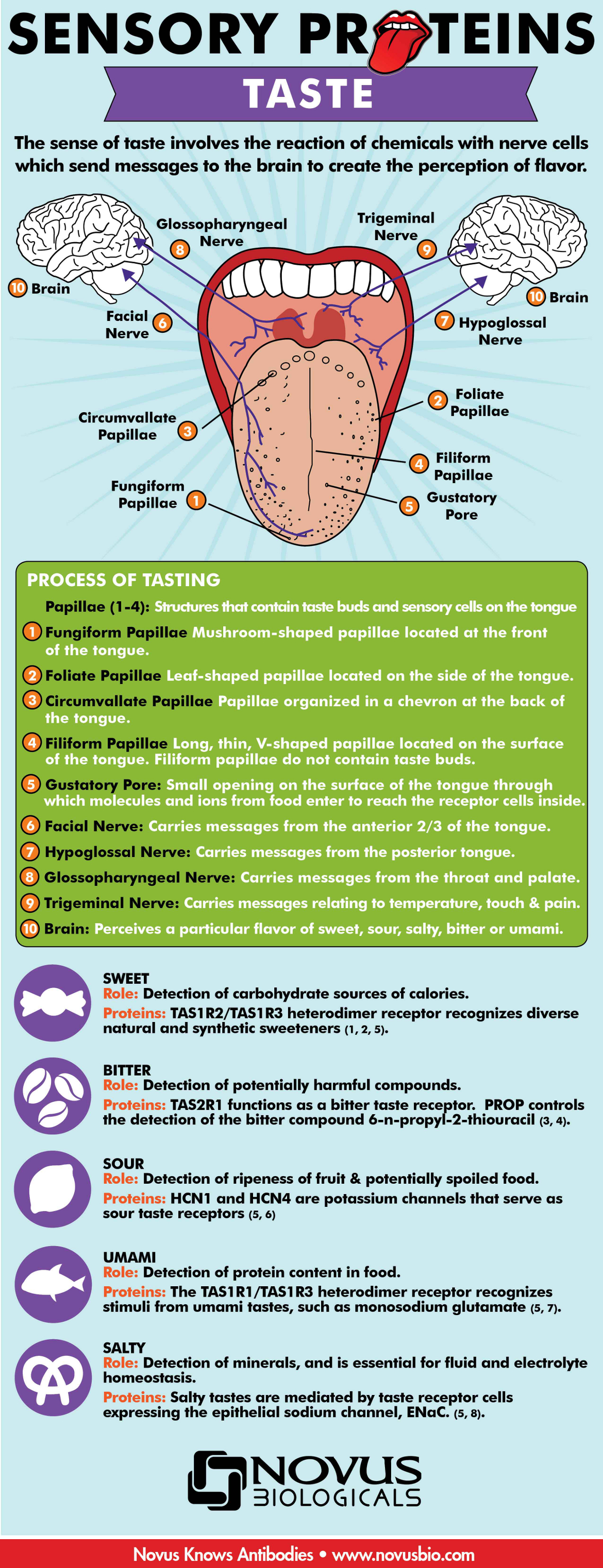Posterior tongue tie is a congenital anomaly of the mouth and tongue, in which the frenulum, that flap of skin that connects your tongue to the bottom of your mouth, is too short and thick and restricts movement of the tip of the tongue. These are extremely common and generally not severe. One of the concerns with posterior tongue tie is the difficulty in can cause to babies when learning to eat and in children when learning to speak.
Appearance
There is a broad range of severity of posterior tongue tie, so it might look completely normal. Severe tongue ties involve even the tip of the tongue and are very easy to see. Less severe tongue ties might be harder to see but can make it hard for the baby to stick out his or her tongue. If your baby can’t seem to stick out his or her tongue unless the mouth is closed, this could indicate a further back tongue tie. However, there are many babies with posterior tongue tie that can do this, so it’s not a hard and fast rule. One good test is to run your finger gently along the bottom gum. If there is a tongue tie, the tongue will probably follow your finger along the mouth because it isn’t free to move as your finger catches the frenulum.
Trouble Breastfeeding
Babies with posterior tongue tie will have difficult attaining a proper latch on the nipple. Studies have shown that babies with posterior tongue tie will have breastfeeding problems 25% of the time, as compared to only 3% of babies without the condition. If you are experiencing nipple soreness after your baby is six weeks old, the baby has trouble staying latched to your breast, or isn’t gaining properly, these can all be posterior tongue tie symptoms. If you have found that breastfeeding causes you to have sore nipples and is easier with a nipple shield, this could be a symptom of posterior tongue tie.
Colic and Reflux
Babies with posterior tongue tie will often have digestive issues because of the difficulty breastfeeding which can cause in increased intake of air and result in gas bubbles and tummy upsets. Many doctors are now advising a screen for tongue tie before beginning any medication for a severe condition of colic or reflux.
Other Symptoms in Babies
Due to the decreased milk intake with difficulty in the latch, babies with posterior tongue tie can have inadequate weight gain. They can also have jaundice. If the baby seems to want to nurse for very long periods of time, it can be an indication that they are having trouble getting milk due to poor latch caused by the tongue tie.
In Older Children
Symptoms in older children can include speech difficulties and trouble eating solid foods. However, most severe cases will be discovered before the child grows out of infancy.
